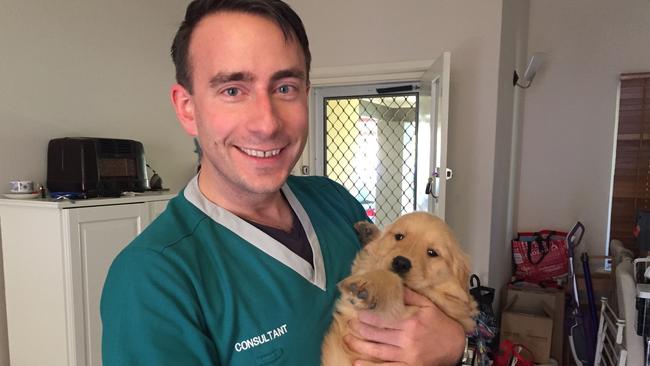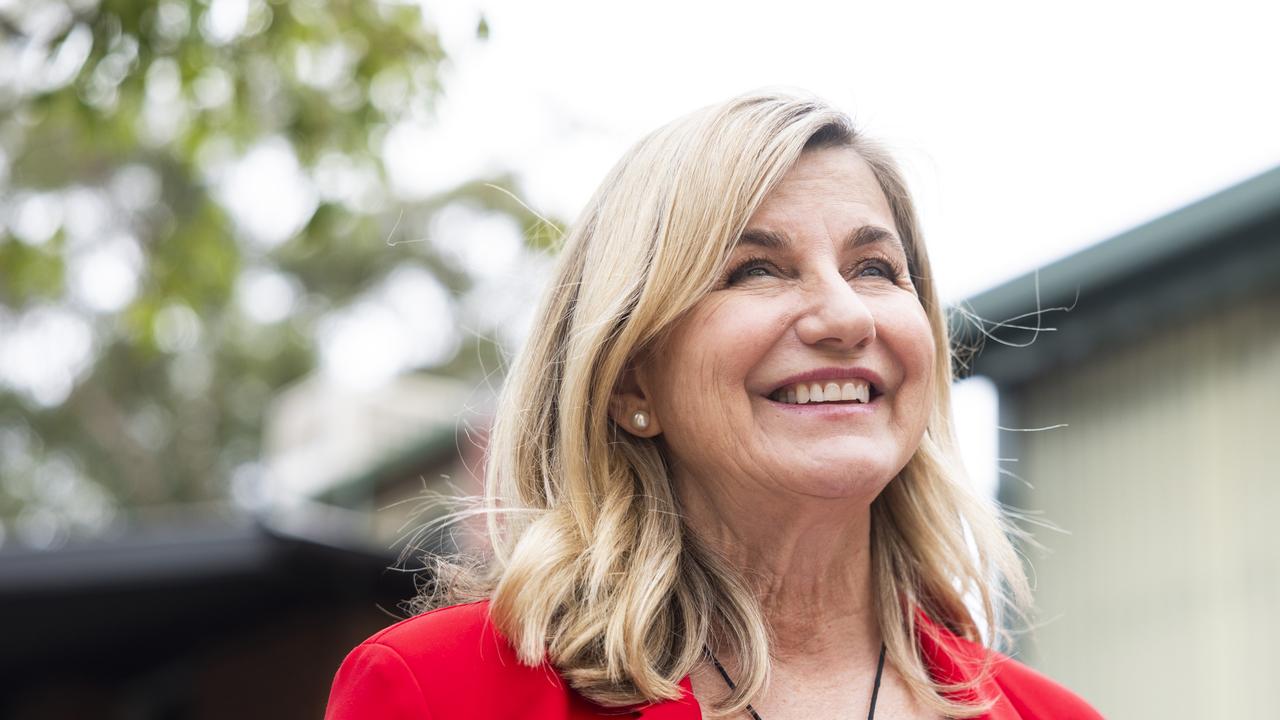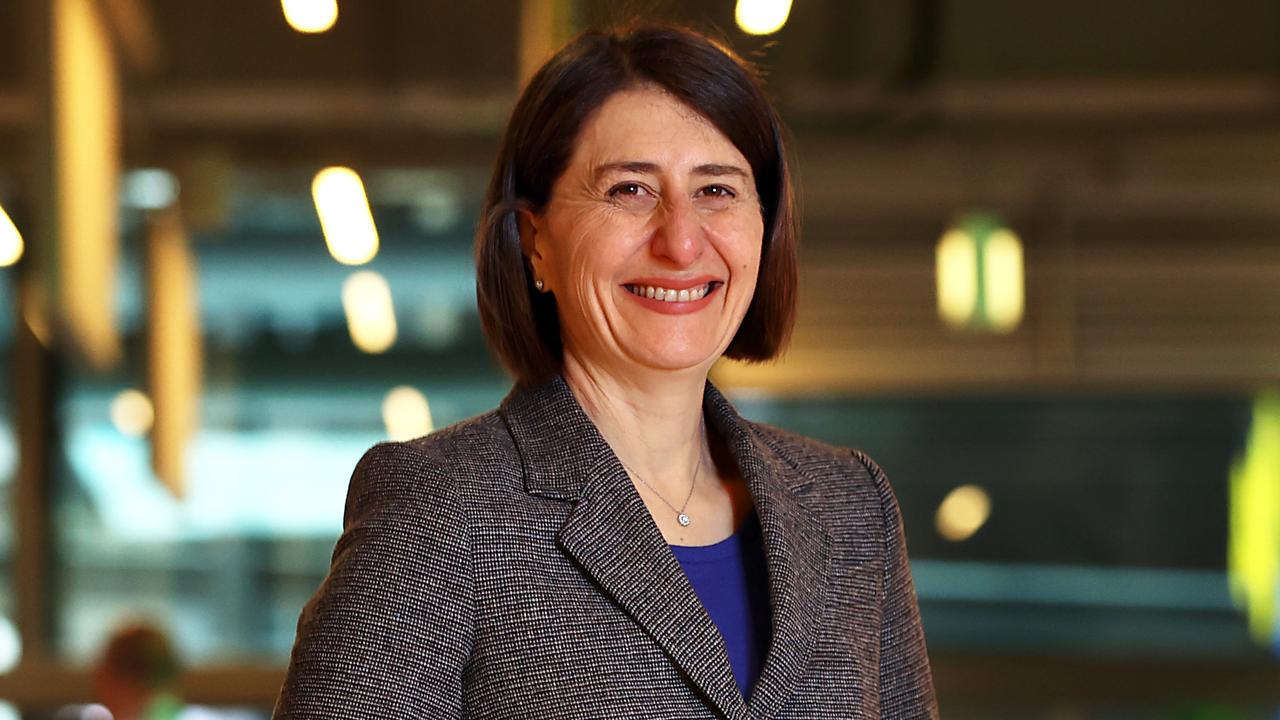Health reforms after doctors under investigation suicide
Australia’s medical regulator is instituting reforms aimed at saving the lives of vulnerable healthcare workers amid growing evidence of heightened levels of stress, anxiety, and shame.

A string of deaths and instances of attempted suicide among doctors under investigation has prompted Australia’s medical regulator to institute reforms aimed at saving the lives of vulnerable healthcare workers amid growing evidence of heightened levels of stress, anxiety, and shame among clinicians during regulatory action.
The Australian Health Practitioner Regulation Agency has revealed the “deeply confronting” results of its research by an expert advisory group that identified 16 cases of suicide among healthcare practitioners who were the subject of notifications to the regulator between 2018 and 2021.
While the regulator has reiterated that its primary duty is protecting the public, it has identified aspects of its processes that place undue stress and pressure on doctors who are the subject of regulatory scrutiny, in particular unduly long investigations, suboptimal communication, and a lack of awareness of the factors that may mean a practitioner is at particularly high risk of suicide during the process.
The audit undertaken by the advisory group found that the 20 practitioners who died by suicide or self-harmed during regulatory process had pre-existing complex mental health and other challenges that were exacerbated by the “stigma, shame and uncertainty” of being subject to a notification or complaint. However, neither the actions of APHRA or medical boards were the direct cause of the deaths.

There was, however, a consensus from all those involved in the reform push that processes could be improved to better recognise practitioner illness and signs of vulnerability, and provide appropriate responses to support such healthcare workers.
One of the suicides examined by AHPRA was that of West Australian paediatrician Nathan Smalley, a father of three who took his life in July 2020, six months after having his medical licence suspended by the regulator.
Smalley had self-notified himself to AHPRA after experiencing a decline in his mental health that led to him self-medicating with illegal drugs. He had expected to work with the regulator to establish a rehabilitation plan, possibly a regime of drug testing, and a road to recovery. Instead, he received very little communication for months before his licence was abruptly suspended. At the time, he was the only paediatrian in his regional WA town.

“He carried so much guilt for letting his patients down,” says widow Carly Smalley. “Nathan was someone who I think had just really poor self-esteem and self-worth going back to being a teenager. And medicine was what balanced the negative self talk. He was the most wonderful doctor and people have always told how good he was at his job.
“And when that was taken away, all he had was those negative thoughts in his head. And it just piled up a lot. And we just didn’t know when anything was going to change.
“There was a lack of communication, a lack of accurate information, the lack of kindness, and a lack of any prediction of what would happen next.”
The regulator identified “poor communication and extended time frames, linked to uncertainty or a fear of the unknown” as key factors that placed vulnerable practitioners at risk during notifications – exactly the issues described by Ms Smalley, who participated in the reforms now being instituted by AHPRA.

The agency acknowledged in a report of its review that “practitioner reactions to the notifications process included feelings of shame, self-doubt, and a loss of hope, seemingly with no visible pathway back to practice”.
“For many practitioners, their self-identify is deeply connected to their profession and thus a threat to that was an enormous challenge,” reads the executive summary of a report of the advisory group, chaired by Rachel Phillips, chair of the Psychology Board of Australia and executive director of Clinical Support Services at Brisbane’s Princess Alexandra Hospital.
The group’s recommendations include reducing investigation times by seeking reports from treating practitioners, supporting unwell practitioners more actively while mitigating risk to the public, providing realistic and regular updates to help practitioners have accurate expectations of time frames and likely outcomes, fortnightly checks for the most at-risk practitioners and providing support. AHPRA has begun implementing the recommendations and will publish the findings of advisory groups’ research in a scientific journal.
Readers seeking support and information about suicide prevention can contact Lifeline on 13 11 14 or Beyond Blue: 1300 224 635, beyondblue.org.au








To join the conversation, please log in. Don't have an account? Register
Join the conversation, you are commenting as Logout